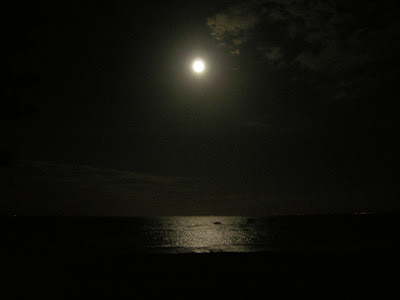
Now, one sees all that by observing, by being aware, watching, one is aware of all this. Then out of that awareness you see there is no division between the observer and the observed. It is a trick of thought which demands security. Please don't madam, please. And by being aware it sees the observer is the observed, that violence is the observer, violence is not different from the observer. Now how is the observer to end himself and not be violent? Have you understood my question so far? I think so. Right? The observer is the observed, there is no division and therefore no conflict. And is the observer then, knowing all the intricacies of naming, linguistically caught in the image of violence, what happens to that violence? If the observer is violent, can the observer end, otherwise violence will go on? Can the observer end himself, because he is violent? Or what reality has theobserver? Right sir? Is he merely put together by words, by experience, by knowledge? So is he put together by the past? So is he the past? Right? Which means the mind is living in the past. Right? obviously. You are living in the past. Right? No? As long as there is an observer there must be living in the past, obviously. And all our life is based on the past, memories, knowledge, images, according to which you react, which is your conditioning, is the past. And living has become the living of the past in the present, modified in the future. That's all, as long as the observer is living. Now does the mind see this as a truth, as a reality, that all my life is living in the past? I may paint most abstract pictures, write the most modern poems, invent the most extraordinary machinery, but I am still living in the past.
Saanen, Switzerland, 5 August 1973
J Krishnamurti.
ไม่มีความคิดเห็น:
แสดงความคิดเห็น